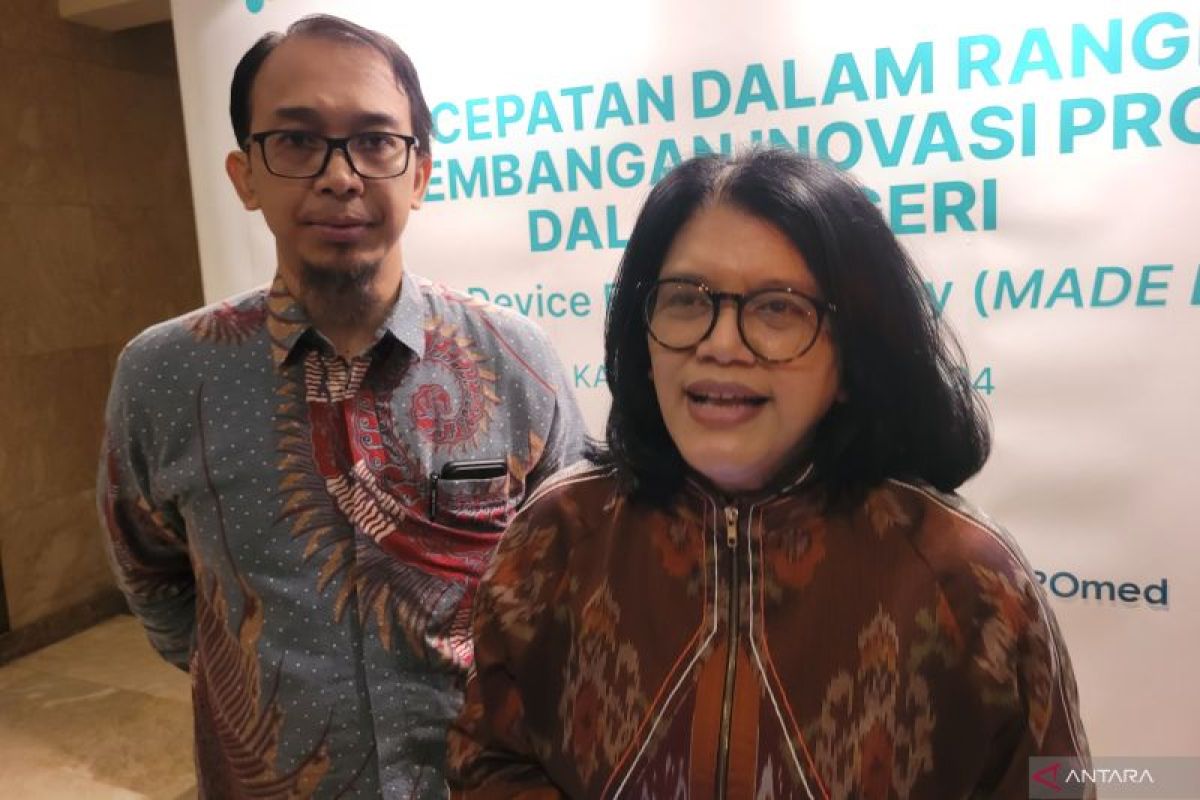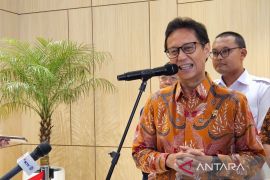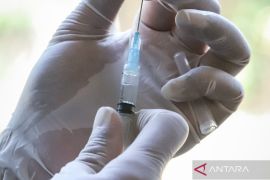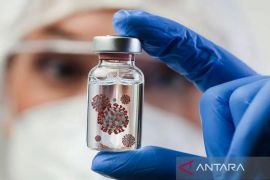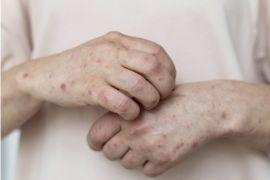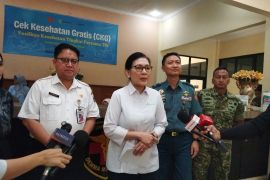Director general for pharmacy and health equipment at the ministry, Rizka Andalucia, said that the shift from a curative to a promotive and preventive approach, which includes screenings and vaccinations, must be accompanied by the readiness of health equipment, that is, diagnostics tools.
"We want to shift (from) curative to promotive and preventive. Currently, the budget for health is 17 percent only for prevention and 67 percent for treatment," Andalucia highlighted at the "National Forum on Pharmacy and Health Equipments," which was broadcast here on Tuesday.
Examples of necessary screenings include those conducted to detect congenital hyperthyroidism, thalassemia, anemia, and cancer in kids, as well as cardiovascular diseases and stroke in adults, she said. All of these screenings require sufficient devices, she added.
She informed that currently, Indonesia has about 10 thousand public health centers; however, such centers are yet to be set up in at least 171 sub-districts, such as the ones formed recently. These areas must be provided primary healthcare, she stressed.
According to Andalucia, the efforts taken by the ministry to bring about a primary healthcare transformation have included providing anthropometric devices to integrated healthcare posts (posyandus) as well as USGs (ultrasonography devices) to suppress maternal mortality as well as detect breast cancer.
"The two tools which we have mass deployed to all public health centers and integrated healthcare posts, both anthropometry and USG, can be produced domestically. We have conducted consolidation, and everything uses domestically made products," she informed.
She further said that the revitalization of the structure and network of primary healthcare services has been accompanied by an improvement in laboratories from the village to the national level.
The provision of health equipment has brought about betterment, she added. She cited the example of screening for congenital hyperthyroidism in newborns, which has dramatically increased from 101,797 babies screened in 2022 to 1,249,094 in 2023.
She said that the health problem compromises a baby's development and negatively affects intelligence. With the help of screening, she added, earlier interventions and measures can be pursued to give children with congenital hyperthyroidism a better future.
Related news: Public must only buy medical devices having distribution permits: govt
Related news: 96.2% gov't aid flows to regions for catastrophic disease handling
Related news: Rp30 trillion allocated for devices for catastrophic disease patients
Reporter: Mecca Yumna Ning Prisie
Editor: Azis Kurmala
Copyright © ANTARA 2024
